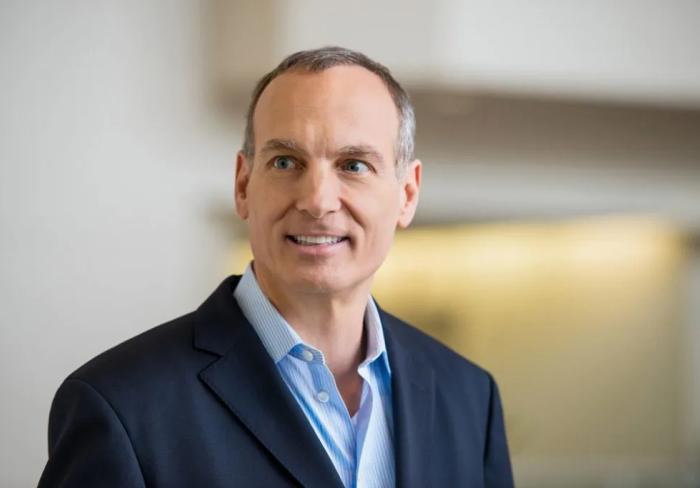In its prospects for 2006 the Central Bank of Trinidad and Tobago says the local economy can expect a real Gross Domestic Product Growth of just over 10 percent for the next 12 months.
It says this is mainly on the strength of the country´s energy sector. The Bank notes that the main driving force will come from the first full year of production of Atlantic LNG´s Train 1V and increased ammonia and methanol production.
The Grenada Hotel and Tourism Association (GHTA) wants to impose a five percent tax on workers salaries to pay for the development of the country.
The Trade Union Movement has voiced its opposition to the move and is planning a series of demonstrations. The first scheduled protest is set for Friday, January 20. The union movement is calling on workers to stop working and assembly within the compound of the building where the parliament seats to openly state objection.
The Guyana government last week protested the lack of enforcement for CARICOM trade rules saying that the practice by some states was harming its domestic agricultural sector.
Trade Minister Clement Rohee said he has lodged a protest with the CARICOM Secretariat and is proposing that affected countries be compensated. The said if the practice was allowed to continue it would erode the working of the CSME and harm development in the sub-region.
Other six CARICOM members have agreed to complete all arrangements and join the CARICOM Single Market (CSM) by March 31, the CARICOM Secretariat announced last week.
The six nations –Antigua & Barbuda, Dominica, Grenada, St Kitts & Nevis, Saint Lucia, and St Vincent & the Grenadines- advised of their readiness at the 20th meeting of the Council for Trade and Economic Development, held in Georgetown, Guyana on last week.
Uruguay Foreign Affairs minister Reynaldo Gargano vehemently denied Thursday that the Uruguayan government was advancing in a controversial free trade agreement with United States.
The issue which has become controversial both inside the Uruguayan ruling left wing coalition and in Mercosur blew alarms in Brazil and Argentina.
The European Central Bank left interest rates unchanged at 2.25 percent in its Thursday January 12 meeting. ECB president Jean-Claude Trichet said that on the basis of regular economic and monetary analyses, “we have decided to keep the key ECB interest rates unchanged following the increase of a quarter of a point on December 2005.”
Mr. Trichet added that according to information available, real GDP growth in the Euro zone did indeed improve in the second half of 2005, as expected. According to Eurostat´s first estimate, real GDP grew at a quarter-on-quarter rate of 0.6 percent in the third quarter of 2005, compared with 0.4 percent in the second quarter.










